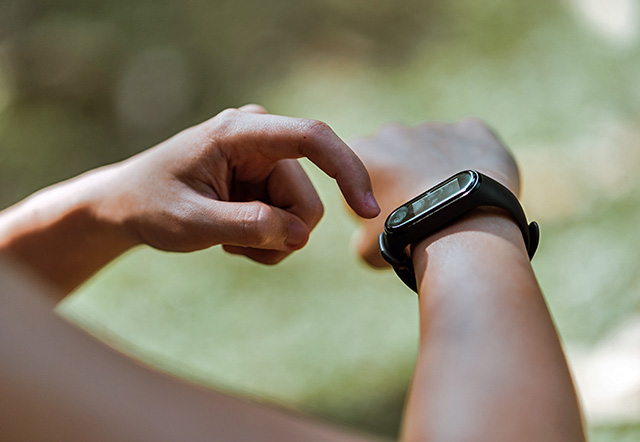This article describes how to create an appropriate plan of action to capitalize on the relationship between heart rate and calorie burning for effective weight management.
All forms of physical activity involve the burning of calories. Defined as the amount of heat required to raise 1 kg of water by 1 degree Celsius, calories are continuously expended even during seemingly mundane actions like blinking or typing. Our basal metabolic rate accounts for these calories, covering essential bodily functions such as breathing, heartbeats, and neural activity. Planned activities like walking, aerobics, swimming, or weight training are essential for calorie burning, and using a heart rate monitor can prove to be an invaluable tool for monitoring heart rate during these pursuits.
Merely engaging in an activity is not sufficient for desired outcomes; the key is to maximize calorie burning throughout the activity, this is where heart rate takes center stage. The optimal heart rate zone for efficient fat burning typically falls between 65% to 75% of your maximum heart rate. Although calories are burned beyond this range, sustaining activities in higher heart rate zones is often of shorter duration. The duration of engagement directly correlates with calorie expenditure – the longer the activity, the more calories burned.
Understanding the link between heart rate and calorie burn underscores the significance of a heart rate monitor as a personal trainer on your wrist. Heart rate monitoring offers insights beyond physical fatigue; elevated heart rates may signal emotional fatigue or the onset of illness, guiding you towards informed decisions on workout intensity and duration. The heart rate monitor acts as a vigilant coach, acknowledging various factors to determine the appropriateness of a workout on any given day.
Moreover, the relationship between heart rate and effort is clear. While seasoned fitness enthusiasts may gauge perceived effort, this approach has limitations. Heart rate emerges as the ultimate guide to your current physical state and activity level. Even as your heart becomes stronger with consistent activity, staying within your fat-burning zone remains crucial. As your heart adapts and becomes more efficient, increased intensity, such as higher speed or greater running distance, is required to maintain the optimal heart rate zone.
In a society where time constraints challenge our commitment to physical activity amid familial and work responsibilities, maximizing the benefits of each workout becomes imperative. This can be achieved seamlessly and efficiently through the incorporation of a suitable heart rate monitor, ensuring that every fitness endeavor optimally contributes to your well-being.
Related Pages
- Table of maximum heart rate
- Measuring your heart rate
- Table of Heart Rate training ranges
- How does a heart rate monitor work?
- Heart Rate Monitors for sale.



 Current Events
Current Events